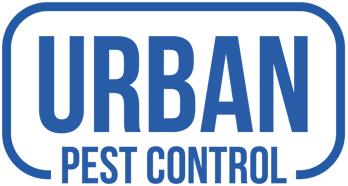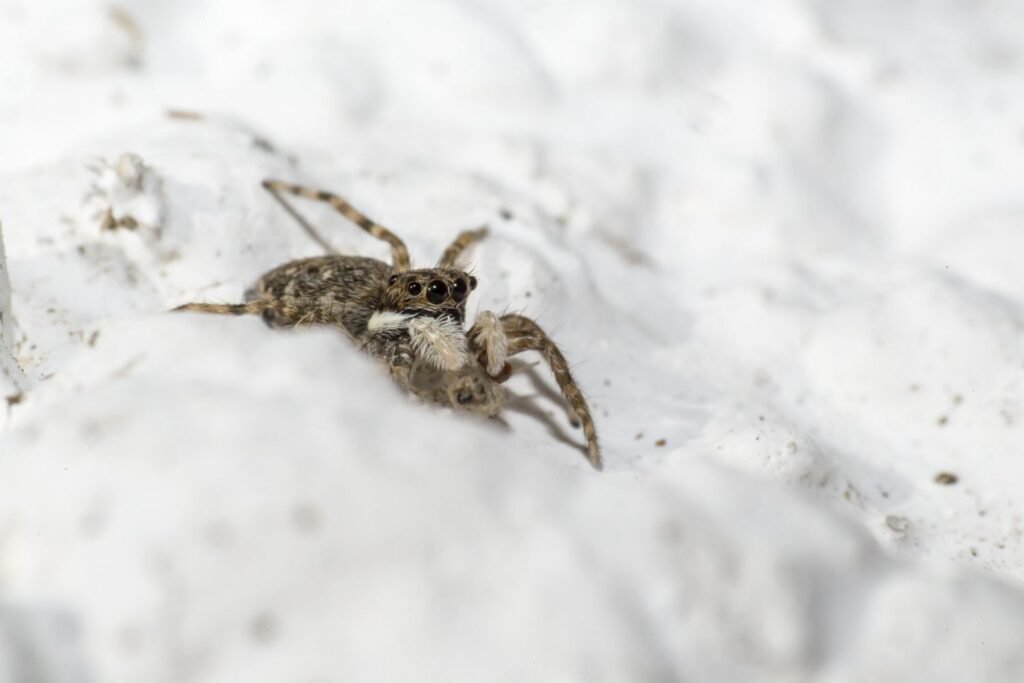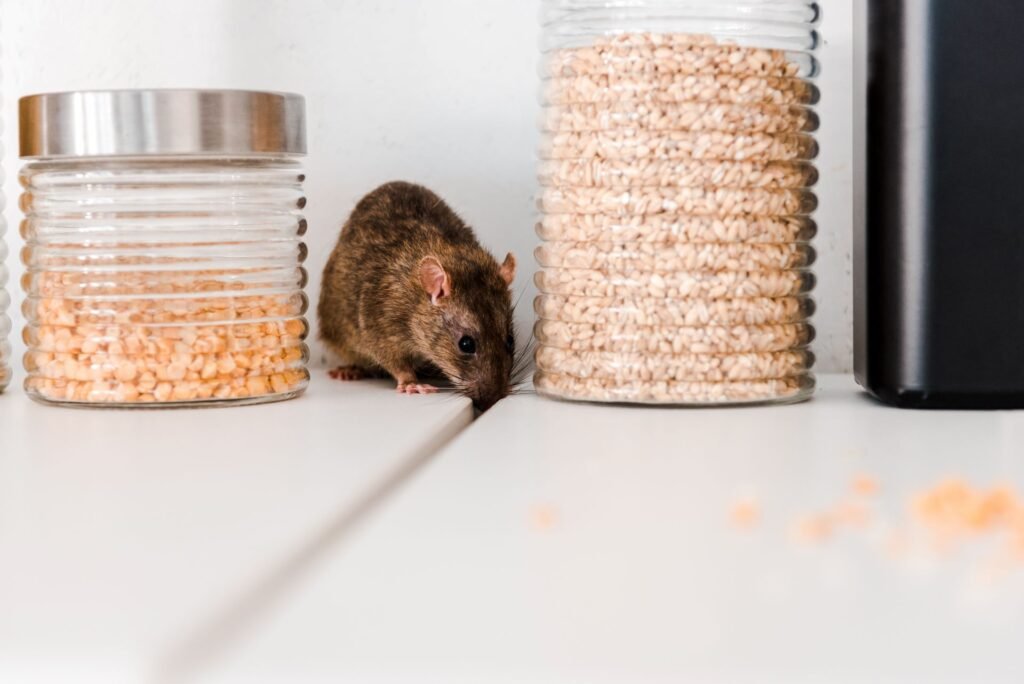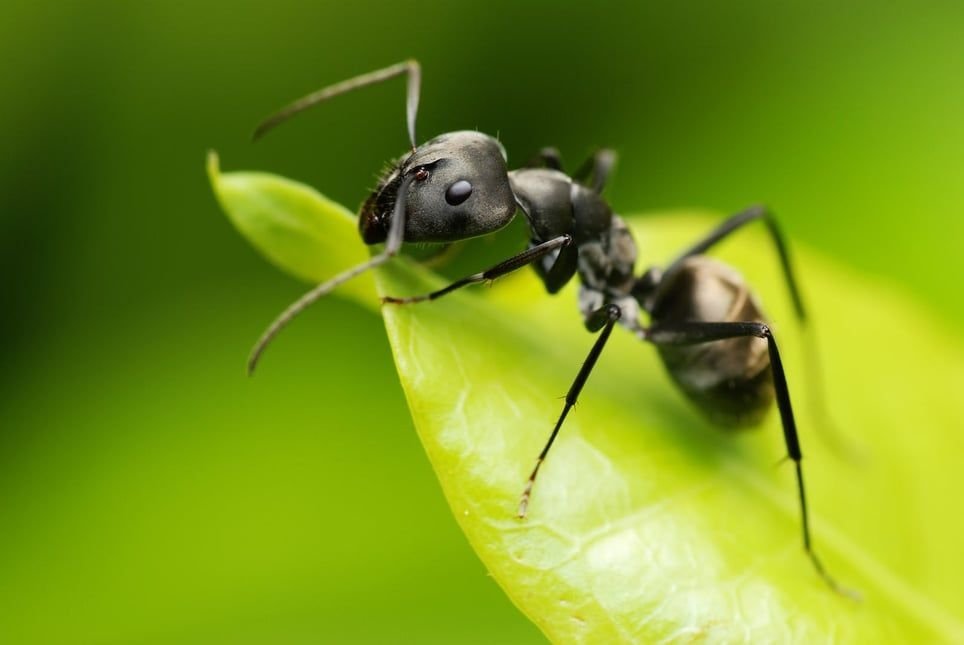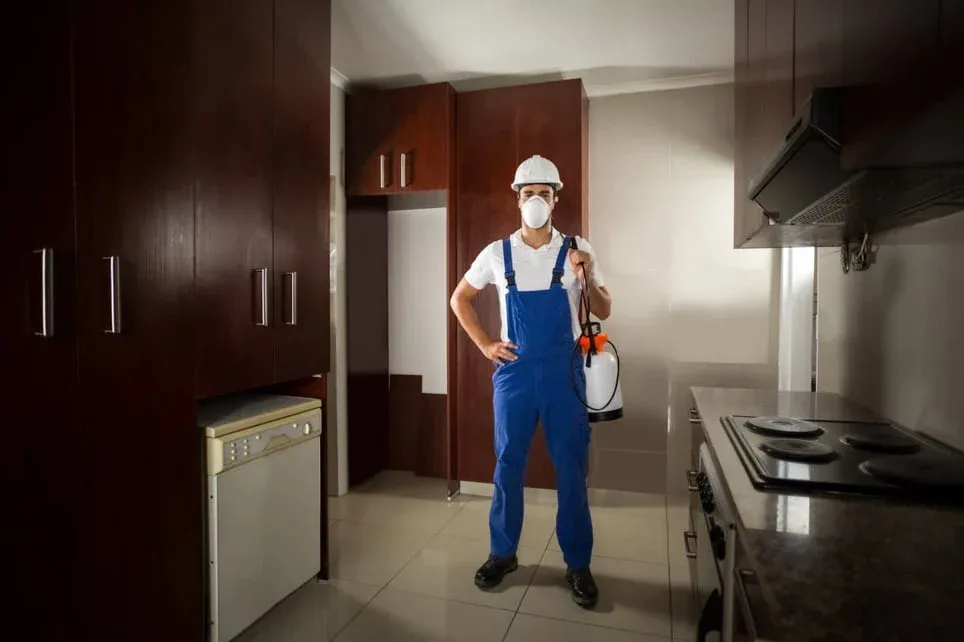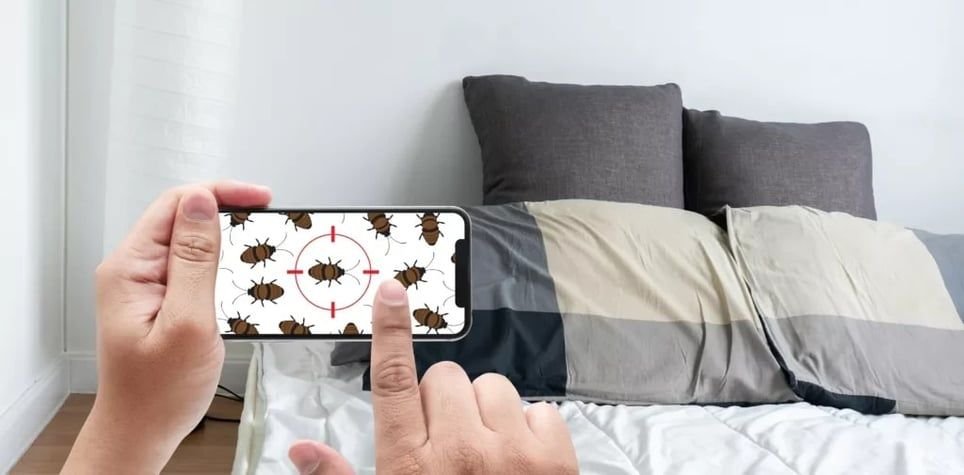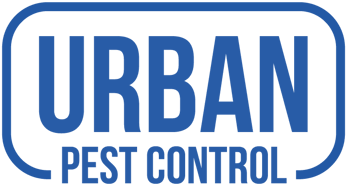In the realm of household pests, few are as elusive and tenacious as bed bugs. These insects are notorious for their ability to hitch a ride on our belongings, only to make themselves at home in our most comfortable spaces—our beds, sofas, and carpets. They are more than just a nuisance; they can cause significant discomfort with their bites and contribute to sleep deprivation and anxiety. Hence, understanding how to identify and treat bed bugs in your home is vital to maintaining a clean, healthy living environment.
Bed bugs are small, oval, brownish insects that feed exclusively on the blood of animals or humans while they sleep. Adult bed bugs have flat bodies and are about the size of an apple seed, but their bodies swell after feeding and take on a reddish color.
Bed bugs do not fly, but they can move quickly over floors, walls, and ceilings. Female bed bugs may lay hundreds of eggs, each of which is about the size of a speck of dust, over a lifetime.
Things You Should Do To Identify and Treat Bed Bugs in Your Home
These tiny, almost cannot be seen by the naked eye type of bugs can be a tough opponent. They can be really hard to completely eradicate. Before getting rid of them, it’s best to know your opponent first. Here are some important facts about bed bugs:
Here are some important facts about bed bugs:
Bed bug fact #1: Nocturnal Activities
These annoying bugs are mainly active at night, with a peak attack period about an hour before dawn, though they may attempt feeding at other times.
Bed bug fact #2: Lifespan
In a controlled, ideal environment, bed bugs can live for more than 300 days, but typically, they live about 2 to 4 months.
Bed bug fact #3: Bites
Their bites can result in a number of health impacts including skin rashes, allergic symptoms, and psychological effects. The bite itself is painless and is not noticed. Small, flat, or raised bumps on the skin are the most common sign; redness, swelling, and itching commonly occur.
Bed bug fact #4: Habitats
While they are named bed bugs, they don’t just live in beds. They can be found in a variety of places including but not limited to: cracks and crevices in walls, luggage, vehicle seats, and furniture other than beds.
Bed bug fact #5: Feeding
Bed bugs can survive a wide range of temperatures and atmospheric compositions but prefer to feed on humans. They will crawl out from their hiding spots at night to feed on the blood of sleeping individuals.
Bed bug fact #6: Travel
Bed bugs are proficient hitchhikers. They can move from an infested site to a new home by traveling on furniture, bedding, luggage, boxes, and clothing.
It’s also important to note that cleanliness does not necessarily prevent a bed bug infestation. They are often brought in unknowingly in luggage or clothing from infested areas.
Identifying Bed Bugs
Bed bugs are small, oval, brownish insects that live on the blood of animals or humans. Adult bed bugs have flat bodies about the size of an apple seed. After feeding, however, their bodies swell and are a reddish color.
Signs to confirm a bed bug infestation
Bed bugs are often mistaken for other insects like fleas or cockroaches. Here are some signs to confirm a bed bug infestation:
Bed bug infestation sign #1: Bites
Bed bug bites are often the first sign of an infestation. They usually bite in a line or cluster and might cause red, itchy welts.
Bed bug infestation sign #2: Fecal spots and Blood Stains
You might find dark or rusty spots of bed bug excrement on sheets and mattresses, bed clothes, and walls. You may also find small blood stains on your sheets from where they’ve fed.
Bed bug infestation sign #3: Eggs and Eggshells
Tiny, about 1mm in size, and pale yellow skins that nymphs shed as they grow larger.
Bed bug infestation sign #4: Live bed bugs
They tend to hide in the seams of mattresses, box springs, bed frames, and headboards. Check these areas as often as possible once you notice some bites on you.
Treating Bed Bugs
Identifying bed bugs is just the first step. The next step involves thorough cleaning, treatment, and possibly professional pest control. Here’s a step-by-step guide on how to tackle these tenacious pests:
1. Cleaning:
Remove all bedding and check it carefully for signs of bugs or their droppings.
Wash and dry your bed linens on the hottest temperature setting possible.
Scrub the mattress with a stiff brush to dislodge bed bugs and their eggs, then vacuum it and your room thoroughly. Be sure to dispose of the vacuum cleaner bag immediately.
2. Encasing Mattresses and Pillows:
After you’ve cleaned everything, encase your mattress, box spring, and pillows in tightly woven, zippered covers. This prevents bed bugs from entering or escaping. Bed bugs may live up to a year without feeding, so keep the cover on your mattress for at least a year to make sure all bugs in the mattress are dead.
3. Pest Control:
You can use pesticide products registered for use against bed bugs. Always read and follow the label directions carefully.
Non-chemical treatments like heat treatments can also be effective. For example, heating infested furniture or the entire room to a high temperature can kill bed bugs.
4. Hire Professionals:
If the infestation is severe or if you’re uncomfortable dealing with bed bugs, it may be best to hire a professional pest control company. They have specialized equipment and experience to effectively and safely eliminate bed bugs.
Conclusion
Bed bugs are unwelcome guests that can cause discomfort and distress. Fortunately, by knowing how to identify these pests and taking decisive action, you can effectively treat a bed bug infestation. Remember, early detection is key in preventing a full-blown infestation, so keep a keen eye on the signs. Don’t hesitate to reach out to professionals if the situation gets out of hand. After all, nothing beats a good night’s sleep in a bed bug-free home!
If you are tired of losing sleep because of these annoying bed bugs, then you need to understand how to identify and treat bed bugs. However, if you don’t have enough time to do that, that’s what we’re here for! Remember, early detection is key to prevent a full-blown infestation.
At Urban Pest Control , we’re not just pest control professionals; we’re your allies in reclaiming your home. Our team is armed with the knowledge, tools, and experience to help you identify and effectively treat bed bug infestations. We understand that every home is unique, which is why we tailor our services to your individual needs.
Don’t let bed bugs keep you up at night. Whether you suspect an infestation or need confirmation, we’re here to put your worries to rest. We’ll provide you with a comprehensive inspection, an effective treatment plan, and advice on preventing future infestations.
Reach out to us today for a free consultation and take the first step toward a pest-free, peaceful home. Choose Urban Pest Control – because everyone deserves a good night’s sleep!
